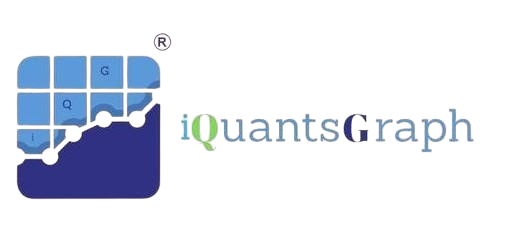
There are three exams (“levels”) that test the academic portion of the CFA program. All three levels emphasize the subject of ethics. The material differences among the exams are:
This topic area is dominated by statistics: the topics are fairly broad, covering probability theory, hypothesis testing, (multi-variate) regression, and time-series analysis. Other topics include timthe e value of money —incorporating basic valuation and yield and return calculations—portfolio-related calculations, and technical analysis.
Check out: Indian Stock Market Nifty Bottom out ? | Data Science | RBI to Inject liquidity | Due Diligence | NRI Investment in India
To enroll in the CFA Program and register for your first Level I exam, you must have:
For more information about exam slots review the CFA site mentioned below.
https://www.cfainstitute.org/pages/index.aspx
After done with all your registration, check for CFA professional training classes.
CFA certification ensures better earnings for professionals in India as well. An entry-level CFA holder earns an average annual salary of Rs. 3 lakhs and with the growing years of experience, the salary figure keeps increasing. Having seven to eight years of experience, a CFA holder can earn an average annual salary of Rs. 12 lakhs. The employer type and working ground also play a major role in deciding on the CFA salary. Companies irrespective of size have been paying handsome salaries to CFA credential holders in India. The average annual salary of experienced CFA holders across Indian cities is mentioned below.
Besides, the USA and India, CFA has a better earning scope for professionals in the finance field worldwide. The average annual CFA salary in the UK is £28,350 and has the scope of earning up to £98,529. In Singapore, a CFA credential holder earns from S$ 15k to S$ 235k annually. Thus, the credential pays back much more than the CFA exam costs to professionals. However, these figures are not standard and might vary based on different factors.
To know more request you to send detailed requirements on info@iquantsgraph.com, our team shall revert with the proper solution in the next 48 hours.
The CFP Certification Examination is a multiple choice, computer-based exam consisting of 170 questions, broken into two sessions separated by a 40-minute break. Candidates have up to three hours to complete each session. The exam includes two case studies, multiple mini-case problem sets and stand-alone questions designed to assess the student’s ability to apply his or her knowledge of the aforementioned areas to financial planning situations. Prior to 1993, CFPs were allowed to maintain their certification without having to pass this exam.
In today’s fast-evolving financial ecosystem, acquiring practical stock market education is not just an advantage — it’s a necessity for anyone looking to make informed investment decisions or build a career in financial markets. At iQuantsGraph , we bridge the gap between theoretical knowledge and real-world application through our advanced learning and development programs. Our technical analysis course is designed for both beginners and professionals aiming to master market behavior, price patterns, and trading strategies using data-driven methods.
These professional training programs focus on empowering students, working professionals, and investors with hands-on skills in technical analysis, chart reading, and market forecasting. Additionally, our financial market courses provide an in-depth understanding of equities, derivatives, commodities, and global financial systems. The courses are tailored to meet the growing demand for certified professionals in the stock market education space, ensuring that participants are industry-ready with practical insights and analytical skills.
As the financial world becomes more technology-driven, having access to structured learning through expert-led sessions, case studies, and simulations is invaluable. iQuantsGraph offers industry-recognized training modules that focus on both technical and fundamental aspects of trading, portfolio management, and risk control strategies. Our learning and development platform equips learners with the tools to navigate volatile markets confidently and build a rewarding career in the financial sector.
A technical analysis course helps individuals analyze stock price movements, trends, and patterns to make informed trading decisions. It enhances your ability to predict market behavior based on historical data, providing a strong foundation for short-term and long-term trading success.
Financial market courses at iQuantsGraph are suitable for students, working professionals, investors, and anyone interested in understanding the stock market. These courses are designed to cater to beginners as well as experienced individuals seeking advanced skills.
Professional training provides practical knowledge of trading tools, market research, and investment strategies. It increases your employability in financial advisory firms, trading companies, and investment firms, giving you a competitive edge in the job market.
Yes. While technical analysis is often associated with short-term trading, it also helps long-term investors identify entry and exit points, understand market cycles, and manage risk more effectively when building their investment portfolio.

